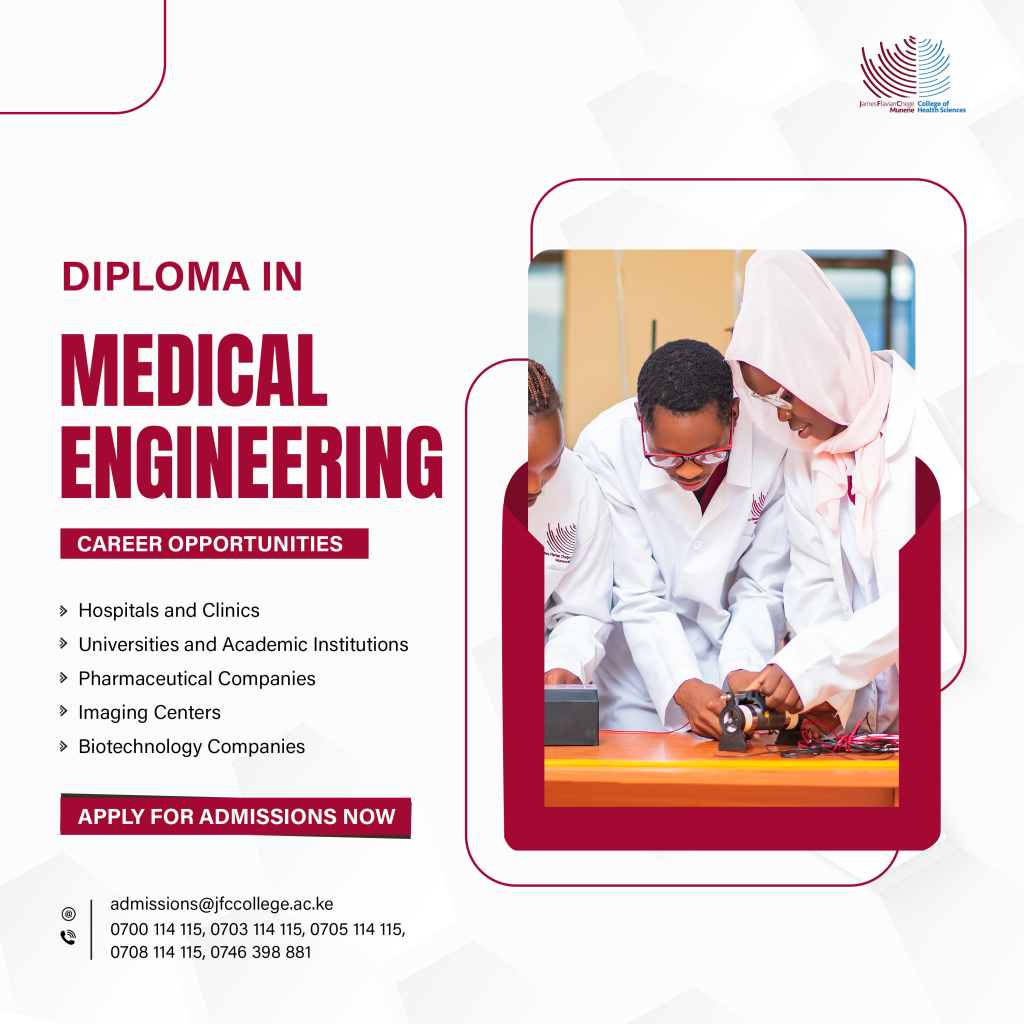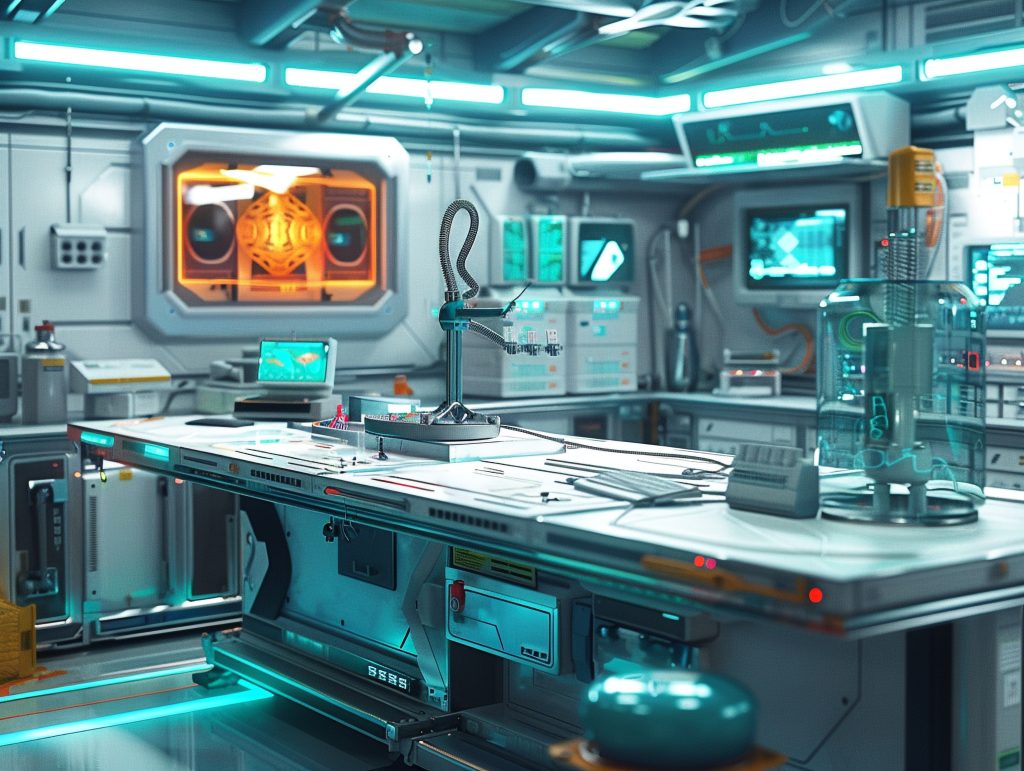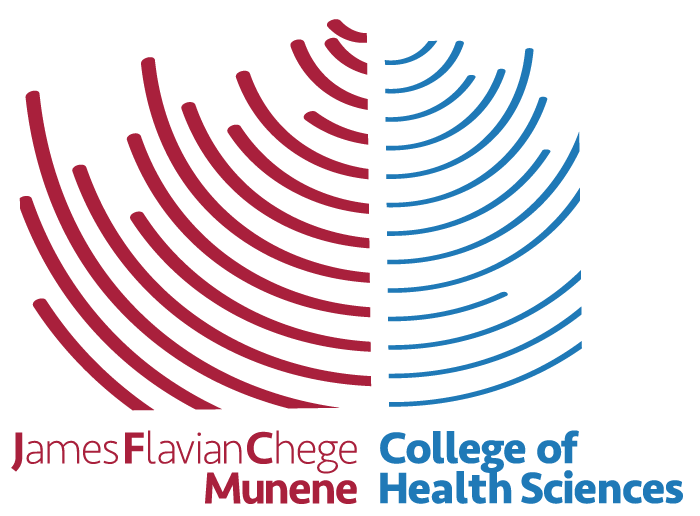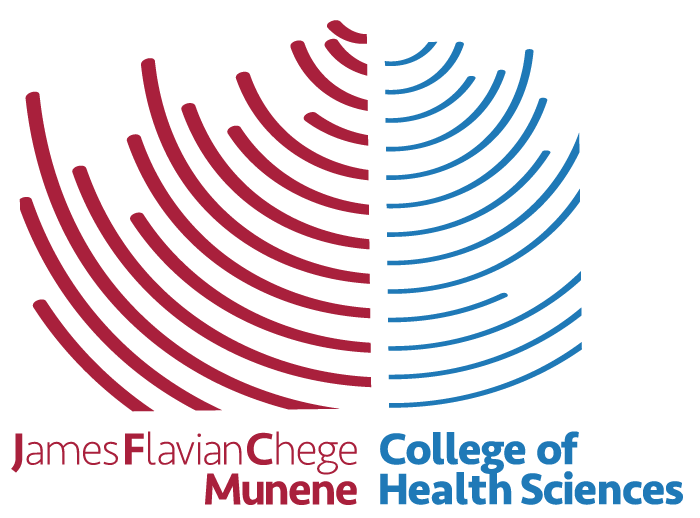The Intersection of Engineering and Medicine: Why Medical Engineering is a Game-Changer
Introduction
In an era where technology and healthcare are rapidly evolving, the intersection of engineering and medicine has emerged as a powerful catalyst for innovation. This fusion, known as Medical Engineering, is not only revolutionising the way we approach healthcare but also creating new avenues for improving patient outcomes and quality of life. At JFC Munene College of Health Sciences, we recognize the critical role that Medical Engineering plays in shaping the future of medicine. Our programs are designed to equip students with the skills and knowledge needed to excel in this dynamic field, preparing them to become leaders in the healthcare industry.
What is Medical Engineering?
Medical Engineering, often referred to as Biomedical Engineering, is a multidisciplinary field that combines principles of engineering with biological and medical sciences to develop technologies and solutions that improve patient care. It encompasses a wide range of applications, from designing medical devices and diagnostic equipment to developing advanced imaging systems and artificial organs.
At its core, Medical Engineering is about solving complex healthcare challenges through innovation. Whether it’s creating more efficient drug delivery systems, developing minimally invasive surgical tools, or designing prosthetics that closely mimic natural limb function, Medical Engineers are at the forefront of medical advancements that save lives and enhance the quality of care.


Key Areas of Medical Engineering
- Medical Imaging and Diagnostics:
Medical Engineers develop and refine imaging technologies such as MRI, CT scans, and ultrasound machines. These tools are essential for accurate diagnosis and treatment planning, allowing healthcare professionals to visualize internal structures of the body with remarkable clarity.
- Medical Devices and Implants:
The design and development of medical devices, including pacemakers, insulin pumps, and artificial joints, are central to Medical Engineering. These devices not only improve patient outcomes but also offer new possibilities for treatment and rehabilitation.
2. Biomaterials and Tissue Engineering:
Medical Engineers work on creating biocompatible materials that can be used in implants and prosthetics. Tissue engineering, a subfield of Medical Engineering, involves the development of artificial organs and tissues that can replace damaged or diseased ones.
3. Rehabilitation Engineering:
This area focuses on developing technologies that assist individuals with disabilities in leading more independent lives. Examples include prosthetic limbs, and adaptive devices that enhance mobility and functionality.
4. Telemedicine and Health Informatics:
Medical Engineers contribute to the design and implementation of telemedicine platforms and health informatics systems. These technologies facilitate remote patient monitoring, electronic health records, and the delivery of healthcare services across distances.
Why Medical Engineering is a Game-Changer
Medical Engineering is transforming healthcare in several profound ways:
- Innovation in Patient Care:
Medical Engineering drives the development of innovative solutions that improve patient care. For instance, robotic surgery systems allow for minimally invasive procedures with greater precision, leading to faster recovery times and reduced risk of complications.
- Personalized Medicine:
Advances in Medical Engineering are paving the way for personalized medicine, where treatments are tailored to the individual needs of each patient. This approach is particularly evident in areas such as drug delivery systems and genetic engineering, where therapies can be customized based on a patient’s unique genetic makeup.
- Cost-Effective Healthcare Solutions:
Medical Engineers are instrumental in developing cost-effective solutions that make healthcare more accessible. From low-cost diagnostic devices to affordable prosthetics, these innovations help reduce the financial burden on patients and healthcare systems.
- Global Health Impact:
Medical Engineering has a significant impact on global health by addressing some of the world’s most pressing healthcare challenges. For example, portable medical devices and telemedicine technologies are making it possible to deliver care in remote and underserved regions, improving health outcomes for populations that previously had limited access to healthcare.
- Advancing Research and Development:
The field of Medical Engineering is closely linked to research and development, driving progress in areas such as regenerative medicine, artificial intelligence in healthcare, and the development of new medical technologies. This continuous innovation ensures that healthcare remains at the cutting edge of scientific and technological advancements.

Career Opportunities in Medical Engineering
The field of Medical Engineering offers a wide range of career opportunities for those interested in making a difference in healthcare. Graduates of Medical Engineering programs can pursue careers in various sectors, including:
- Medical Device Design and Development:
Medical Engineers work for companies that design and manufacture medical devices. They may be involved in the entire product development process, from initial concept and design to testing and production.
- Healthcare Technology:
Graduates can work in healthcare technology companies, developing software and systems that support medical diagnostics, patient monitoring, and health informatics.
- Research and Academia:
Medical Engineers with an interest in research can pursue careers in academic institutions or research organisations. They contribute to the advancement of medical knowledge through the development of new technologies and the study of their applications.
- Clinical Engineering:
Clinical Engineers work in hospitals and healthcare facilities, where they are responsible for managing medical equipment, ensuring it is safe and effective for patient use. They also play a key role in training healthcare staff on the proper use of technology.
- Regulatory Affairs:
Medical Engineers with expertise in regulatory standards can work in regulatory affairs, ensuring that medical devices and technologies comply with industry regulations and are safe for patient use.
- Entrepreneurship:
For those with an entrepreneurial spirit, Medical Engineering offers opportunities to start their own companies, developing and bringing new medical technologies to market.
The Role of JFC Munene College of Health Sciences
At JFC Munene College of Health Sciences, we are committed to providing our students with a comprehensive education in Medical Engineering. Our programs are designed to equip students with both the theoretical knowledge and practical skills needed to excel in this field. We offer state-of-the-art facilities, experienced faculty, and opportunities for hands-on learning through internships and research projects.
Our graduates are prepared to enter the workforce as competent and innovative Medical Engineers, ready to tackle the challenges of modern healthcare. Whether you aspire to work in medical device design, healthcare technology, or research, JFC Munene College of Health Sciences provides the foundation you need to succeed.
Conclusion
The intersection of engineering and medicine is a powerful force for change in the healthcare industry. Medical Engineering is not just a career; it’s a chance to be at the forefront of innovation, improving patient care, and making a global impact. At JFC Munene College of Health Sciences, we are proud to train the next generation of Medical Engineers who will continue to push the boundaries of what is possible in healthcare. If you are passionate about making a difference and want to be a part of this exciting field, consider joining our Medical Engineering program and start your journey towards a rewarding career in healthcare innovation.
Discover more about our Medical Engineering programs and apply today!






Willys
This is a great place to be indeed